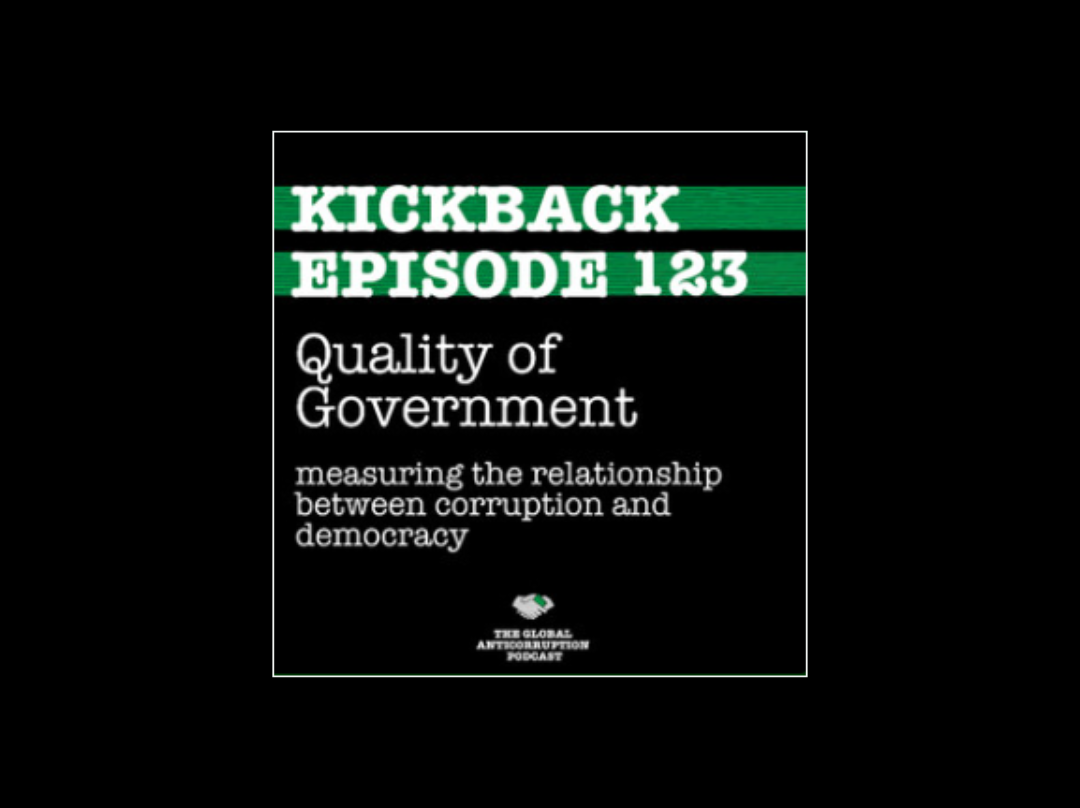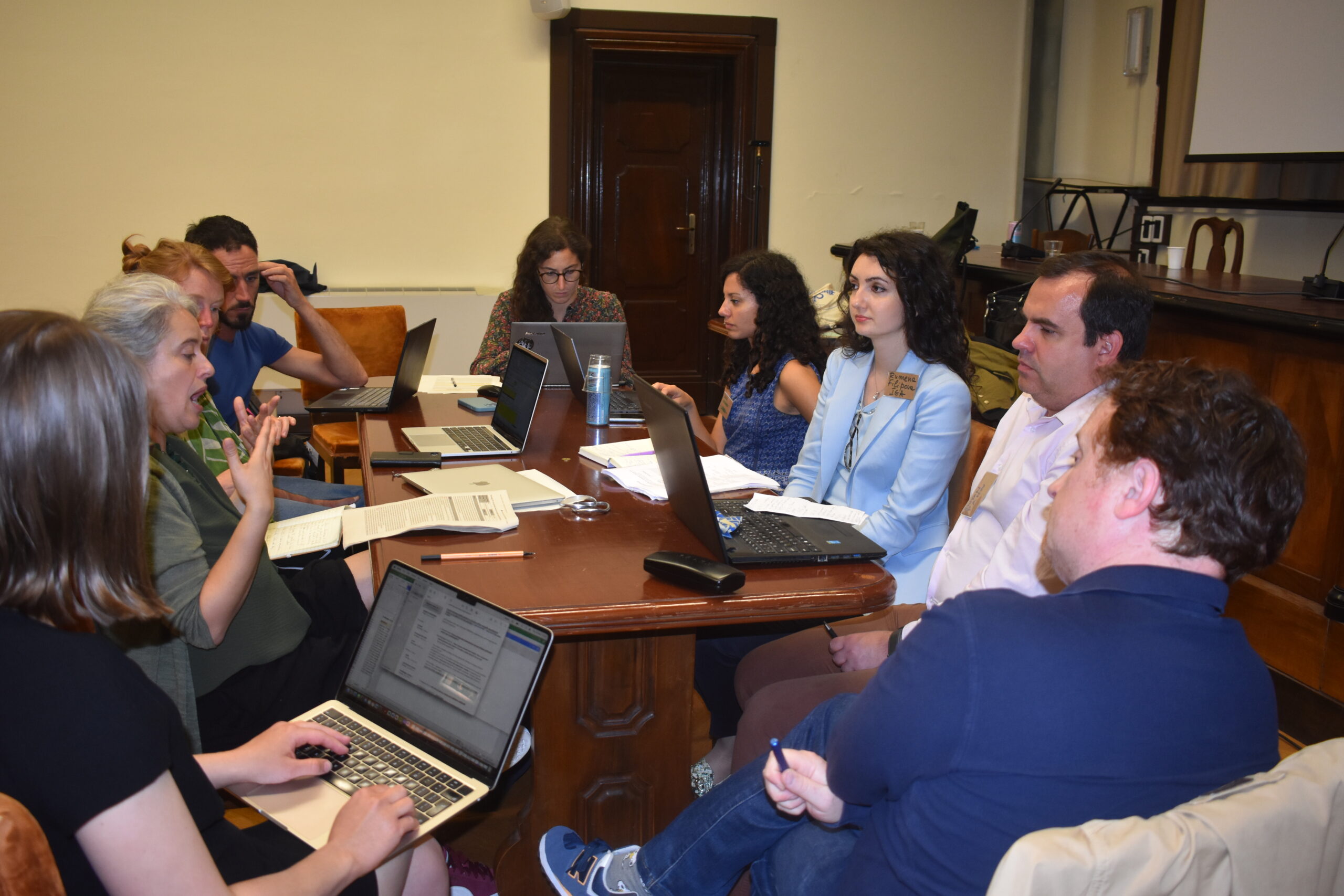News
-

RESPOND First Co-Creation Workshop
As part of a series of four co-creation workshops, the first RESPOND Co-Creation Workshop took place on February 28, 2025, bringing together experts from various fields to refine and advance research on political corruption. The workshop was designed as a collaborative and interactive space where all stakeholders were able to discuss on an equal footing,…
-

Marcia Grimes and Monika Bauhr on the relationship between corruption and democracy – Kickback – The Global Anticorruption Podcast – episode 123
Understanding the intricate dynamics between corruption and democracy is crucial in addressing governance challenges worldwide. In a recent episode of KickBack – The Global Anticorruption Podcast, Marcia Grimes and Monika Bauhr delve into this complex relationship, shedding light on the mechanisms that sustain corruption and the efforts needed to promote accountability. Hosted by Liz Dávid-Barrett,…
-

RESPOND at the European Commission’s Anti-Corruption Workshop
On January 23, RESPOND took part in the Anti-Corruption Workshop organized by the European Commission, DG HOME, DG RTD, and the European Research Executive Agency (REA). The event brought together researchers and policymakers to strengthen the link between EU-funded research and anti-corruption policy efforts. RESPOND was featured alongside other projects, including FALCON, KLEPTOTRACE, and POSEIDON,…
-

Online Session: The Role of Artificial Intelligence (AI) Tools in Tackling Environmental Crimes and Corruption
The Open Data Working Group is hosting a session on the transformative role of Artificial Intelligence (AI) tools in combating environmental crimes and corruption. This event will delve into how AI can enhance intelligence gathering, impact assessment, and detection of illegal activities, offering innovative solutions to critical global challenges. The upcoming online session “The Role of…
-

International Anti-Corruption Day: “Advances in Anti-Corruption”
The “Advances in Anti-Corruption: Current Trends and Future Prospects” conference, held on December 9th (International Anti-Corruption Day), brought together researchers, professionals, and specialists from across Europe, all united by a shared commitment to addressing corruption more effectively. The three panels highlighted innovative projects such as BridgeGap, which is creating a unified approach to improving integrity…
-

Co-creation activities in the RESPOND project
RESPOND researchers are working with law enforcement officials, civil society activists, journalists, business leaders and other key stakeholders to: Working with stakeholders, RESPOND will be able to develop more relevant and useful tools to combat political corruption. Starting in February, the RESPOND project will kick off a series of co-creation workshops aimed at engaging selected…
